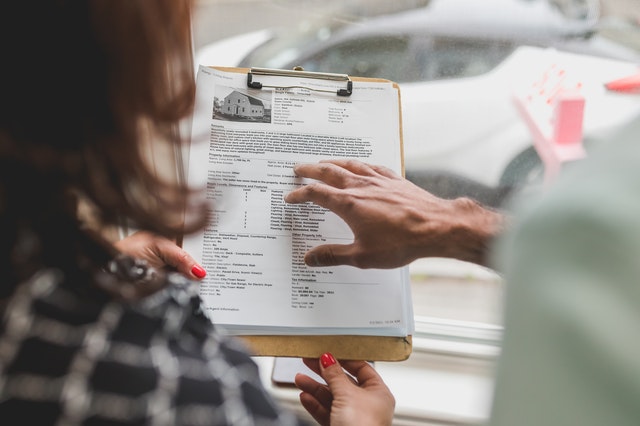Our house is a major financial asset. It can be used to leverage your investment by refinancing. To make it simpler, refinancing your mortgage would mean that your previous home loan is bought off by a lender. Your new home loan would now have a higher principal and a lower interest rate.
There are a lot of reasons why you might want to refinance your mortgage. Here are some of the most common and important reasons why homeowners often refinance their mortgage.
Change the duration of your loan
To save money on interest, many homeowners refinance to reduce the duration of their loan. For example, you started with a 30-year loan but can now afford a higher monthly payment (the lower the monthly payment, the longer the duration of the loan).
To get a better interest rate and pay less interest overall, you could apply for a mortgage refinance to a 15-year term. Similarly, if the monthly payment is too difficult for you to pay, you could also reduce it by extending your loan duration.
Homeowners usually refinance an existing loan for a new loan with a much shorter term while maintaining the same monthly payment when interest rates fall.

Lower interest rate
Since interest rates are constantly fluctuating, it makes sense to refinance your mortgage when interest rates are lower than when you took out your loan. The result would be your monthly payment will be lower and you will pay less interest throughout the term of your loan. It is one of the most compelling reasons to refinance your mortgage.
Refinancing has traditionally been considered a good idea if you can lower your interest rate by at least 2%. Many lenders, however, believe that a 1% savings are a sufficient incentive to refinance. A mortgage calculator can help you budget for some of the expenditures and could give you a fair idea of how much you could save.
Change the loan type
Homeowners sometimes avail of changing their current loan type for several valid reasons. Maybe you received an adjustable-rate mortgage (ARM) to save money on interest. But now you want to convert it to a fixed-rate mortgage while rates are still low. Or maybe you finally have enough equity in your house to refinance your Federal Housing Administration loan to a conventional loan and stop paying Private Mortgage Insurance.
Take Advantage of Your Equity
Allowing you to borrow more money than you owe on your house and being able to keep the difference is called a cash-out refinance. You could borrow money to pay for debt consolidation, home improvements, etc. if the value of your property increased. If you want a loan alternative, you could borrow money using cash from your property. Which has a substantially cheaper interest rate.
Refinancing is a terrific method to leverage your house as a financial instrument when the time comes. To save money in the long run, you can shorten your loan term. Get a reasonable interest amount, and switch loan types. On the other hand, you can also cash out your home’s equity and use the funds as needed.




